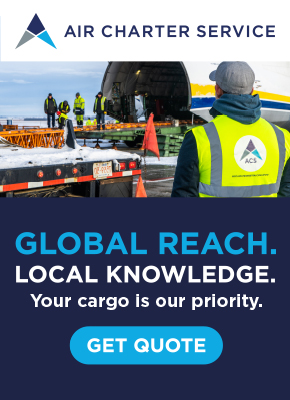
© Khunaspix Dreamstime.
One of the leading independent European air freight forwarders has called for IATA to revamp its Cargo 2000 (C2K) programme, insisting that its achievements have been significant for airline customers, as well as airlines themselves
Uwe Glaser, president of Austria-headquartered Cargomind, said that Cargo 2000 had ...




Comment on this article